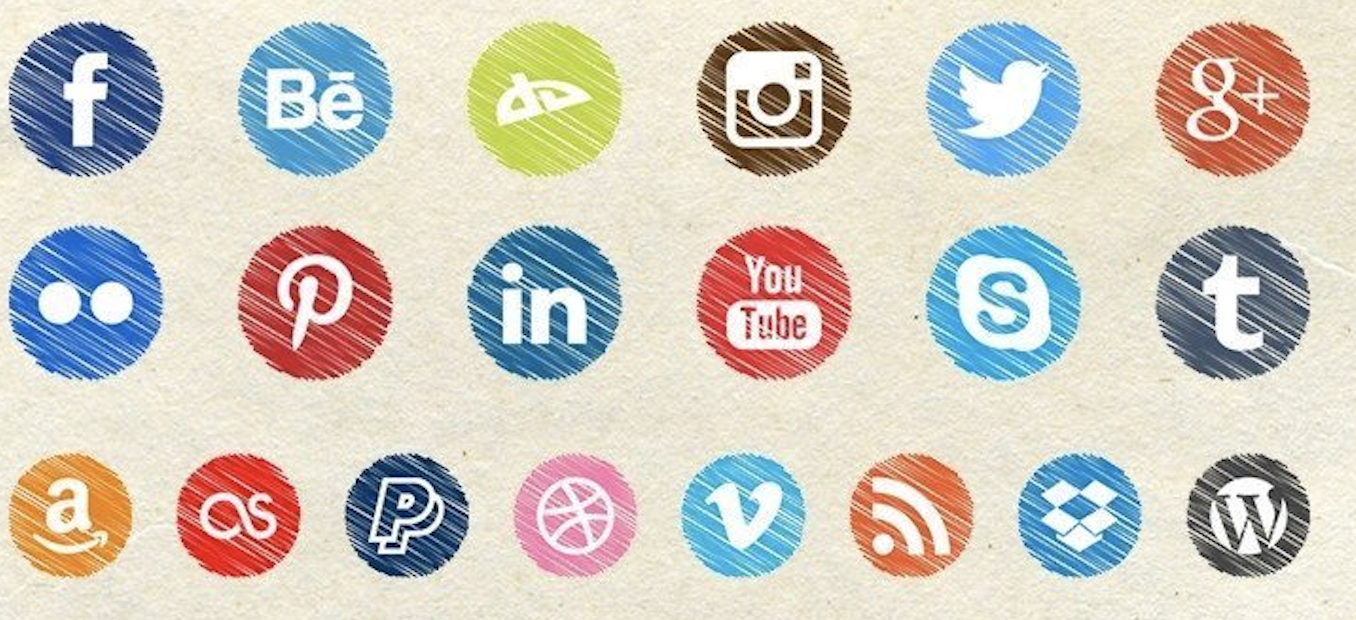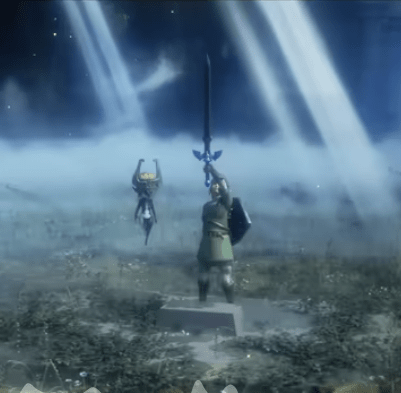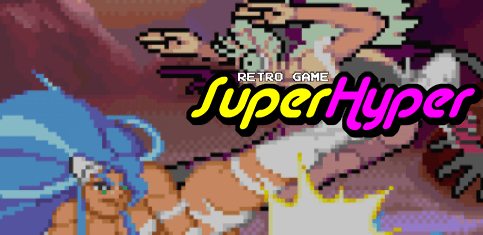Genre Analysis
Comp 2
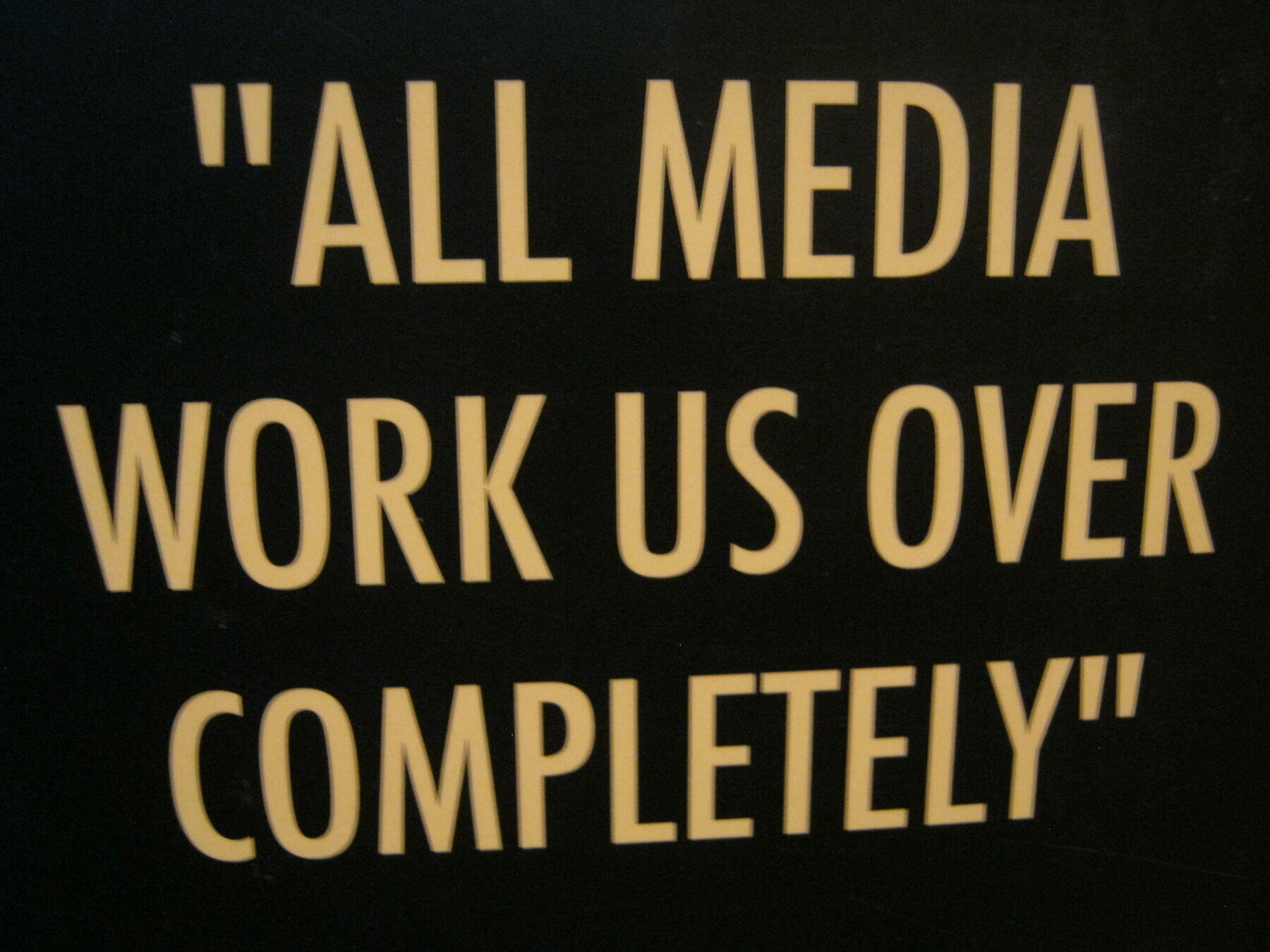

Remixing, Fan Adaptations, and Digital Writing Space



A Beginning Guide to Graphic Design and Understanding Visual Genres
# Visual Genres
Visit GCF Global's Beginning Graphic Design Tutorial to Browse (click below)
We will spend the first 10-12 minutes looking at the content and then as a class will practice with the quiz. Which questions do you feel are most important for visual design? (Add comment to Week 11 Notes).
When Typography choices go wrong...
SNL's response to graphic design choices...
Text as Visuals
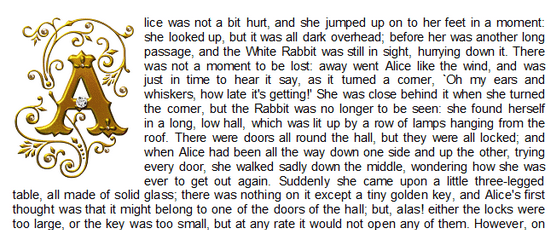

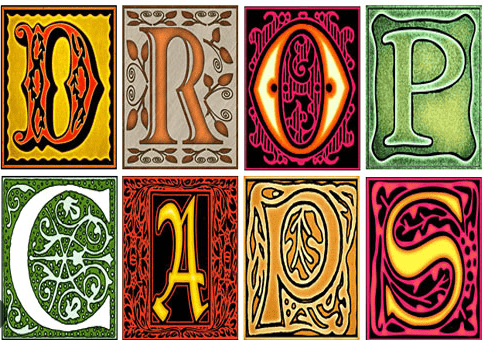
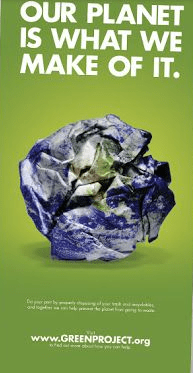
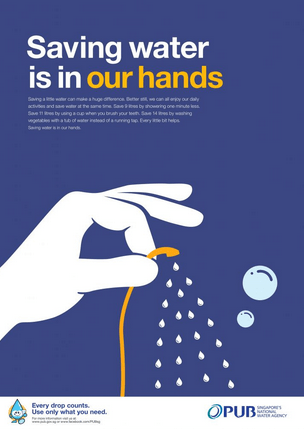
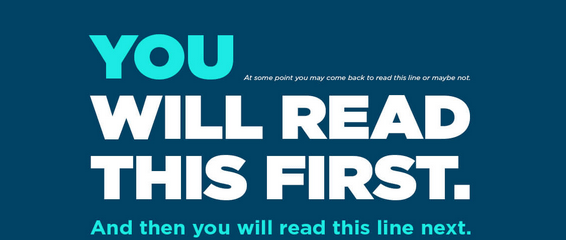
# Visual Genres
What you should consider when applying visual rhetoric (persuasion) to genres:
"Visual rhetoric refers to any communicative moment where visuals (photographs, illustrations, cartoons, maps, diagrams, etc.) contribute to making meaning and displaying information" (Cohn 21).
Visual rhetoric within genres can:
- Impact audience actions
- Influence decision-making by viewers
- Help others understand a concept
- Organize and design our ideas and writing more effectively
- Show practical and functional needs of the community
- Provide interpretations of your writing.
Images are for:
- First-hand accounts
- Historical moments
- Showing Data
- Contexts (situation)
- Simplify a concept
- Connecting with the audience/reader
- Designing/influencing brands
# Visual Genres
How do targeted visuals expand research effectiveness?
Consult our Canvas in-class assignment today to interact with Cohn's visual design elements and what our online sources say about about data visuals and selecting images for our projects.
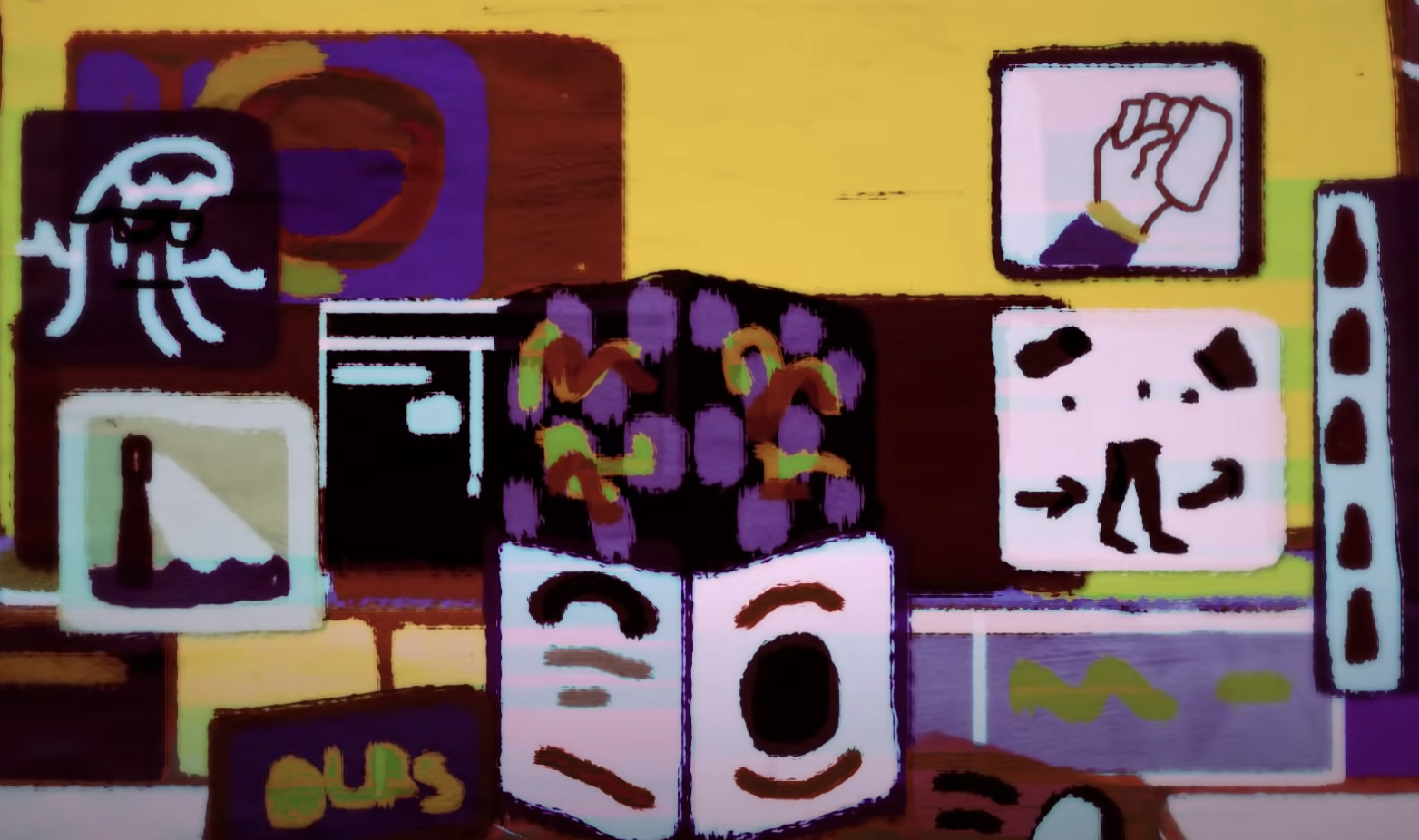
# Visual Genres
What's a good way data visuals tell a story?... Infographics!
Browse this site and find a good model of an infographic that show attention towards visual design (e.g. color, hierarchy, branding, layout/composition). What makes it appealing for the viewer?
# Visual Genres
Data Visualization & Visual Storytelling...
Examples to consider...
Our Canvas Site Visual Toolbox Resources!
# Visual Genres
Sample Sites providing types of Data Visualizations (click below to access)
Find a sample data visualization that you like on one of the above sites. What elements of visual rhetoric/design make it effective? What sort of data visualizations would be important for your discourse community or genre? You can type your response and then include it for part of your assignment submission.
# Visual Genres
Understanding Visual Genres - Part 2
How will you write about the features, characteristics, and qualities of your chosen genre? What are unique ways that your genre uses visual rhetoric and design elements (e.g. color/lines, branding, hierarchy, texture/space, identity, typography etc.) to capture audience attention?


Dr. Smothers' Interesting Genre/Remix Example:
What features and concepts of Genre are different moving from one example to the next? Is the audience the same or different? Why?
Quickshare (3-5 mintues) What did you type out?
You may have certain ideas in mind when you hear the word "genre" and what that means in terms of features, characteristics, and rules of that genre.
-What is your personal experience and understanding of a genre? Do you participate or contribute more with one type over another?
-What features make a genre stand out for an audience or group?
- What makes a genre unique or popular among a specific group?

Genre Facts and Ideas
Genres can...
- Be a form/medium of writing...
- Be a form/medium of communication...
- Serve the rhetorical needs of the group...
- Respond to situations of the writer...
- Have action-oriented goals, they accomplish tasks...
1.
2.
Genres have...
- Rules the community follow. They are...
-Expectations how and what they should communicate... They are...
- Features that determine how they work... They are...
- A specific visual aesthetic... They must look like...
3.
For a Fandom, Researching Genres will...
- SHOW the communication methods of the group.
- DEMONSTRATE important aspects of information sharing, what content is valued.
- CIRCULATE additional ideas the group should be aware of.
- PROMOTE group ideas and goals.
-RECRUIT new members
# CHAPTER 2
# Genre Analysis
Exploring Genre/Remix Reading Questions
ISKO's Genre Webpage
- What are genres? Who has written about them? Where did they get their start? How do they apply to digital and electronic content?
Kyle Stedman's "Remix Literacy & Fan Compositions"
- What is a "remix"? What are the 7 skills of a remix literate composer?
Bronwyn Williams "The World on your Screen: New Media, Remix, and the politics of cross-cultural contact"
- What is Mass Popular Culture? What does globalization mean for fans of popular culture?

In-Class Week 9: Genre/Remix Concepts
STEP 1. Find and select a direct quote/paraphrase or summary that shows a deeper understanding of genre or remix that helps an audience better understand the content's purpose and message. What's an interesting genre example your article gives? Are you familiar with this genre and if not, what may be features of the genre you would need to know about? What could be other connections to this genre?
STEP 2: FIND YOUR OWN GENRE/REMIX example online! Individually, add an interesting example of genre you want to share based on browsing online and connecting to your interests. Use your URL and share with your group in discussion once you've completed the above step. Why did you select the example of genre you did? What are its features?
# Genre Analysis
Navigating our understanding of Genres...
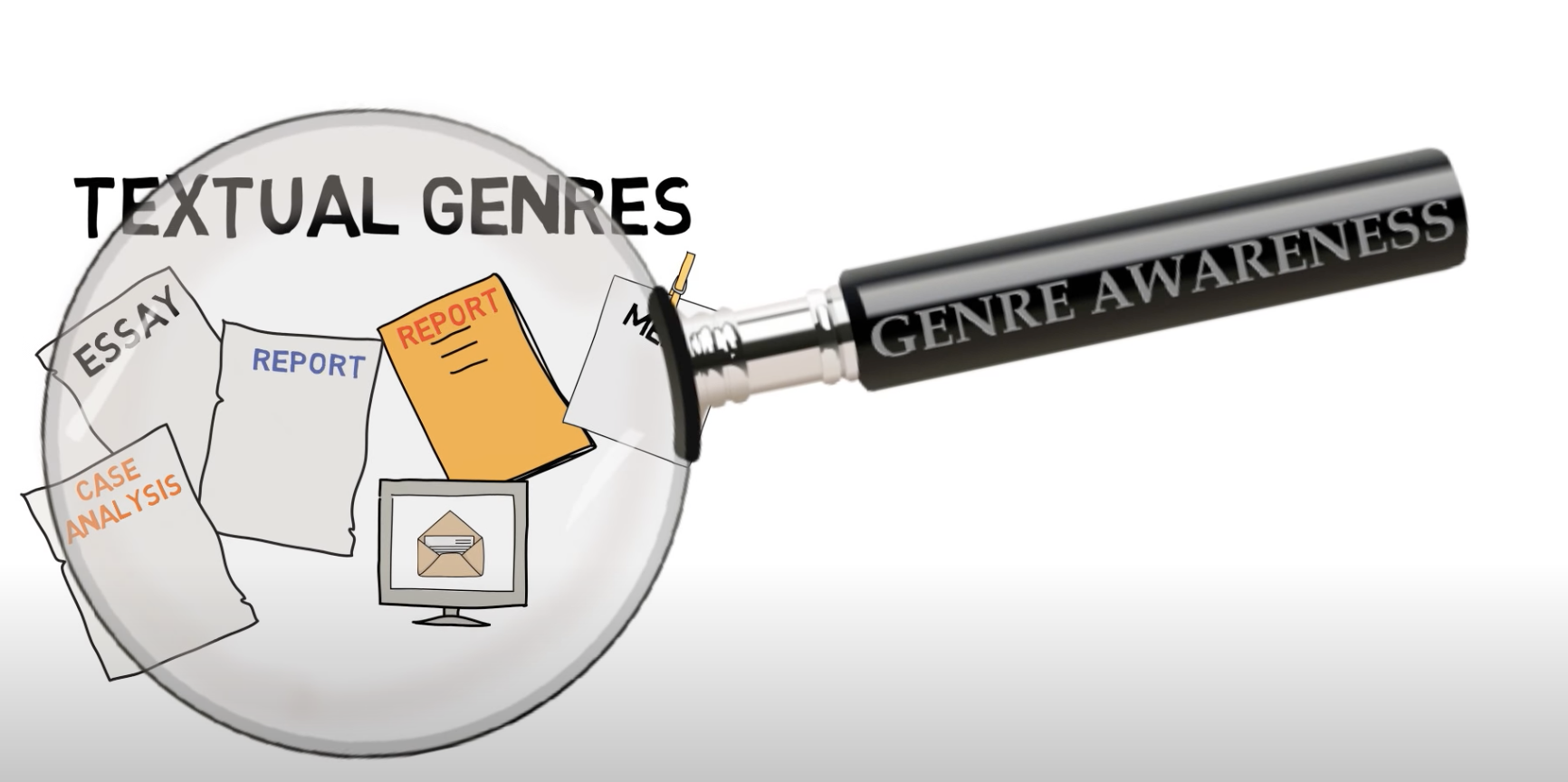
Dr. Smothers' Interesting Genre Examples:
What features and concepts of Genre are different moving from one example to the next? Is the audience the same or different? Why?


Dr. Smothers' Genre Highlights from World 9 Readings:
- From ISKO: "In relation to genre as social action, scholars sometimes use metaphors to explore the role of genre," and specifically the word "ceremony" is used to show how any genre takes place within a larger conversation about a topic or issue important to the group; these ceremonies are when genres cause action, need for support, links to hashtags, connect to a person's story, and result in meaning-making across the group (ISKO, 5.0)
- From Stedman: "Online communities also remind us of how much our publicly created identities revolve around the question of what we like - the music, the shows, the books that we can't get enough of, that we love so much that we even take the time to create our own stories so that we can hear more" (p.120)
Dr. Smothers' Genre Highlights from World 9 Readings:
- From Williams: "James Gee has noted that online communities have facilitated the growth of 'affinity spaces' where individuals are brought together not by identity or location but by their shared interests in popular culture or other common interests. As Gee has pointed out, online technologies have created virtual affinity spaces for an almost inconceivably wide range of interests" (Williams, p.28, as cited in Gee, 2004)
Final World 9 Objectives
A.I. Friday Forum #9 - On Genre/Remix Examples
- What's something more I can learn about genre?
- How does A.I. back up ideas from our readings this week?
- Can I find some useful and interesting sources about genres or remixes?
- What kind of genre or remix do I want to explore further?
How do cites like Twine, Itch.Io, and the Interactive Fiction Database change how we look at genres?


Investigations of Social Media & Blogging as Writing Genres


What does a fandom/community post about? How does this expand our understanding of genre?

What do these concepts mean? Which do you think happens more in social media or blog spaces? Share and discuss the posts partners near you made about either the Amicucci or Reid article from Monday.
(Amicucci 19-20)
Review your partner's posts and suggest which of the above works best for their example
Amicucci (On Social Media Writing)
- "Riffing" off other texts... How does this work?
- Gearing your content to specific audiences... This happens by... What do users want to interact with?
- Shaping your "ethos" on a social media platform...?
- Stylistic choices for visual rhetoric include...
- How does "intertextuality" help you understand social media as a writing genre? - What is borrowed directly from other content?
- How does "interdiscursivity" help you understand social media as a writing genre? - Why do people create posts the way they do?
The Do's and Don'ts of effective Social media usage
# Genre Analysis
Blogging Genre Ideas & Content
-
Identify a Blog's Features
- How the community prioritizes their content
- How users navigate to find information they are looking for
- Use of Links, Hashtags, Emojis, additional social media content
- Use of Organization Brands or marketing
-
Identify a Blog's Content Strategy
- Does it engage in digital storytelling about a community? How?
- Does it promote or advertise community values or services? How?
- When a user visits, what content is most important?
- In terms of genre, will the blog engage in: social action, promote upcoming events, highlight successes/credentials, circulate important tech/media awareness among the community?
- Does the Blog link to additional content important to a group?
# Genre Analysis


Like all genres, each one includes technical features and components - let's take a look at the Blog...
Types of Blogging Genres on Media Culture Examples...
In-Class: Blogging Space Practice
Select ONE of the sample blogs provided in Canvas reflect on answering Reid's question about the content:
1. Who is the audience and what should they get out of the blog's message?
2. What do you think the goal or need for this blog might be for a specific community, fandom, or topic?
3. What helps make the blog-site effective or convincing? Are there other connections to social media or other content?
#Genre Analysis
Social Media and Writing (Wordtune)
How does advice on social media posting, connect to writing techniques and what Amicucci discusses in her article?
{Final World 10 Objectives}
- A.I. Friday Forum #10 - Social Media & Blog-related studies and examples
- Works Cited Entries Check-In for Revised Twin Essay #2 (due Monday, Oct. 27, 11:59pm)


Research Buddies
-
Skim through your classmate's ideas:
- What do you like that they have in their current project?
- Where do you see a place they could EXPAND on?
- Is there a place where GENRE could come more into the conversation? (Textual, Narrative, Digital genres?)
- I like what you are doing with X.... will you use a specific genre for inspiration?
- Feedback on Primary research, visual evidence, or secondary sources - where might additional content help your conversation or expand it to include content on genre?
- Do you have a suggestion on how their thesis statement could incorporate the idea of Genre more?
- If you investigate a new genre, WHY? Where will it go within your project?
- Upload a copy of your Genre Note-Taking Document (from Week 9)
